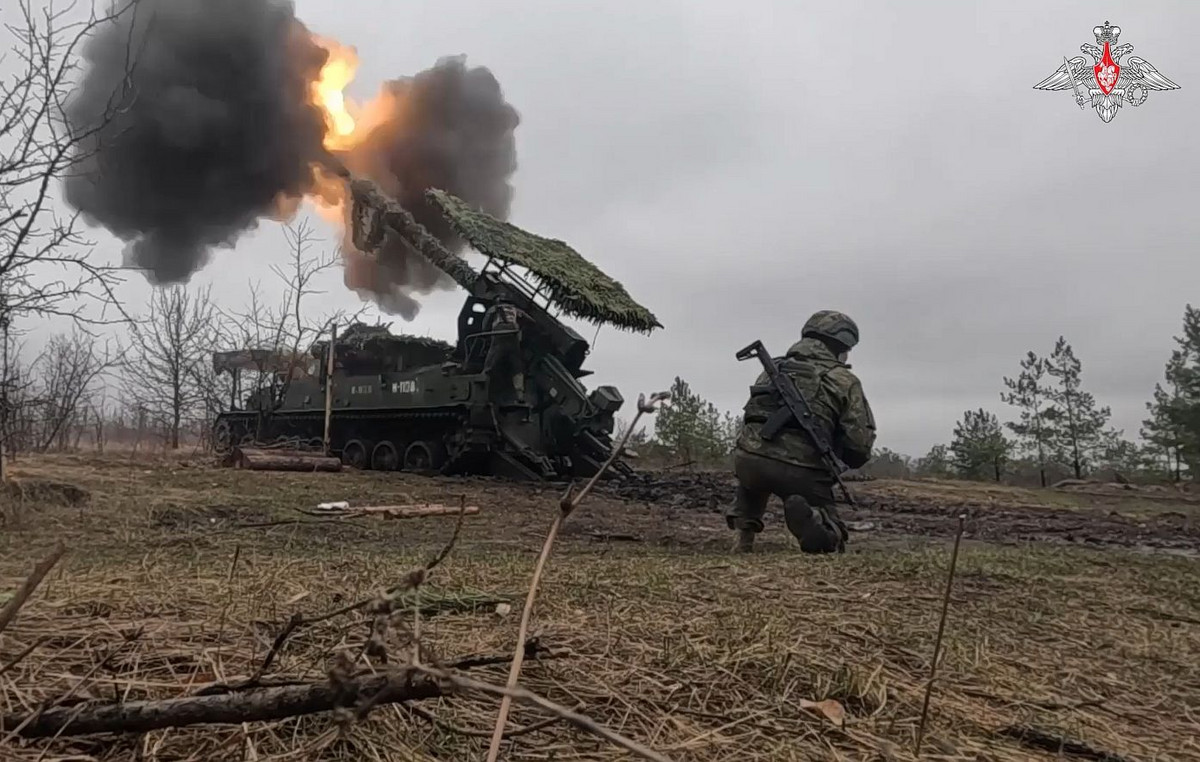Crude oil ended Monday’s session up more than 4% as tensions escalated in Ukraine and the West announced new sanctions against Russia. In addition to governments, companies have also announced restrictions on the country.
On the New York Mercantile Exchange (Nymex), the barrel of WTI oil scheduled for delivery in April closed up 4.51%, at US$ 95.72 a barrel, while Brent advanced 4.09%, at US$ 97.97 on the Intercontinental Exchange (ICE).
The US Treasury Department announced a new set of sanctions that prohibit citizens in the country from engaging in transactions with the Russian Central Bank, the Russian National Wealth Fund and the country’s Ministry of Finance.
In addition, Canada, Switzerland, Japan and the United Kingdom have also announced new restrictions. The Russian Central Bank decided today to raise its benchmark interest rate from 9.5% to 20%.
According to ING, with Western nations moving towards extreme sanctions very quickly it is clear that commodity prices will continue to rise.
For Rabobank, Russian President Vladimir Putin may stop the country’s oil and gas exports as a retaliatory measure.
Faced with the crisis, the United States and other major oil-consuming nations are considering releasing 70 million barrels of oil from their emergency stockpiles, according to European and Persian Gulf officials.
High Representative of the European Union (EU), Josep Borrell said today that the bloc needs to reduce its dependence on oil and gas from Russia.
For Capital Economics, the recent jump in oil prices poses a significant upside risk to inflation and interest rate forecasts for this year.
“Central banks typically ‘watch’ a one-off jump in the price level and try to cushion the blow to real incomes by keeping interest rates low. But with inflation already above target in about half of the countries we cover, risks tend to tighten sooner,” he said, in a report sent to clients.
Measures putting pressure on the Russian economy also came from the business sector. The board of British multinational BP has announced that it will divest its stake in Russian state oil company Rosneft.
Norwegian energy company Equinor has decided to stop new investments in Russia and start the process of exiting its Russian joint ventures. Shell also announced that it intends to exit its joint ventures with Gazprom and related entities, and that it will also end its involvement in the Nord Stream 2 pipeline project.
Source: CNN Brasil
I am Sophia william, author of World Stock Market. I have a degree in journalism from the University of Missouri and I have worked as a reporter for several news websites. I have a passion for writing and informing people about the latest news and events happening in the world. I strive to be accurate and unbiased in my reporting, and I hope to provide readers with valuable information that they can use to make informed decisions.





